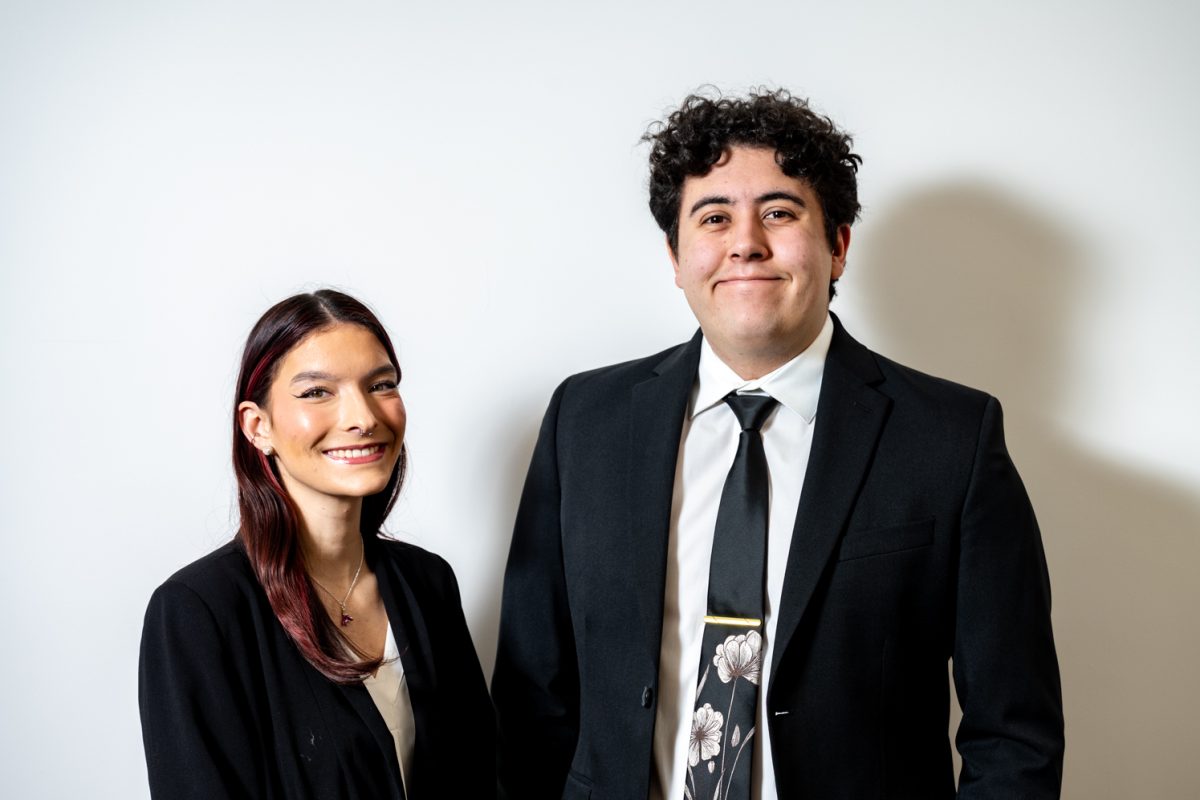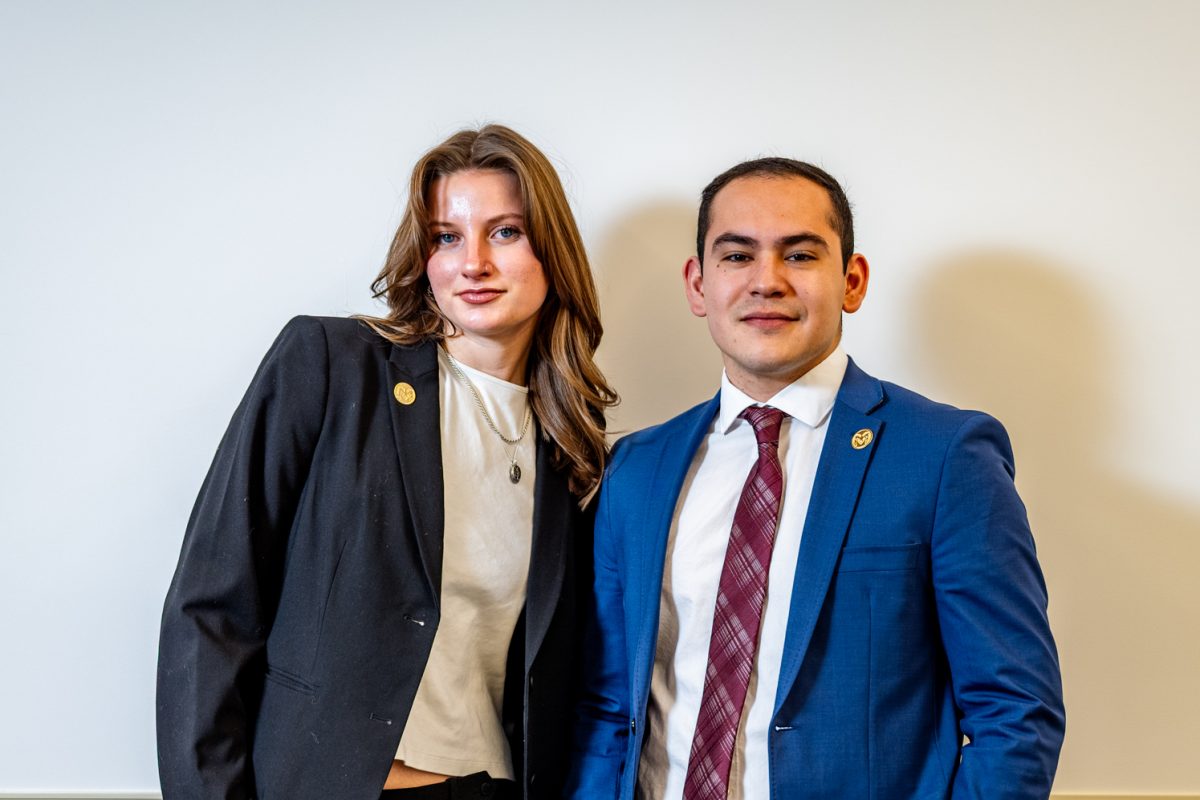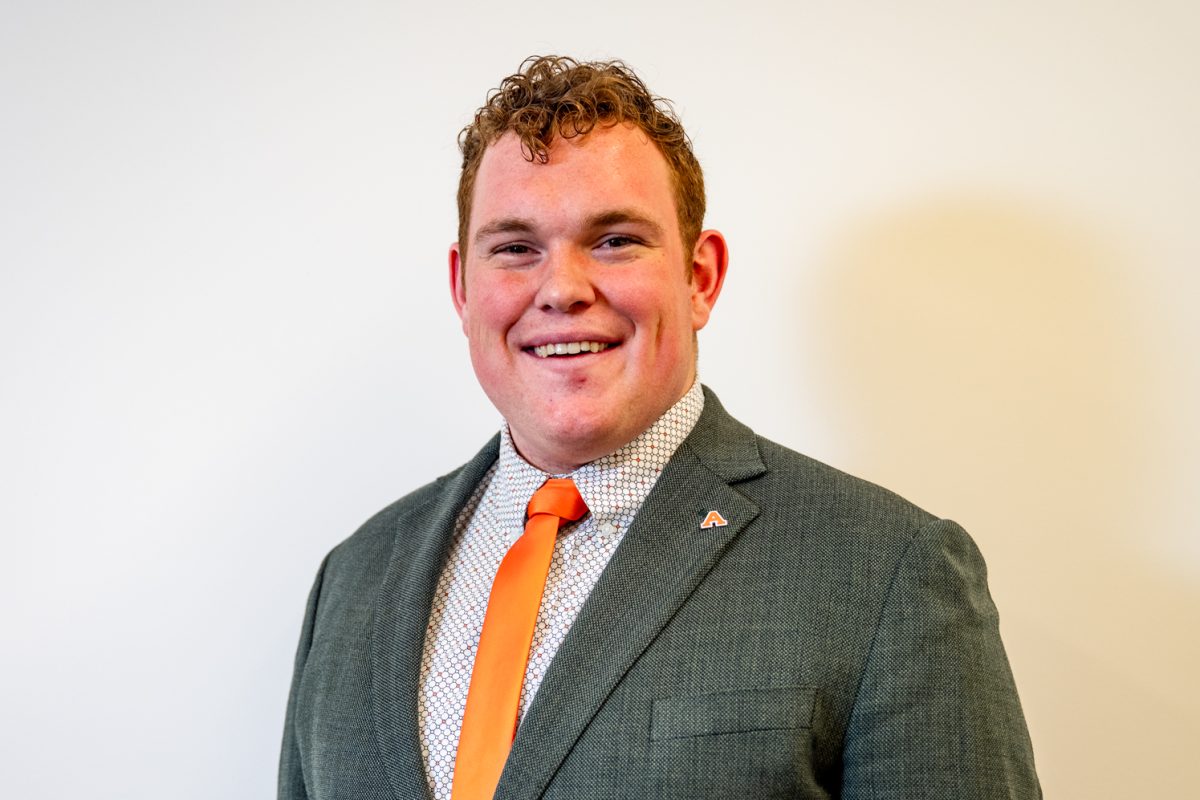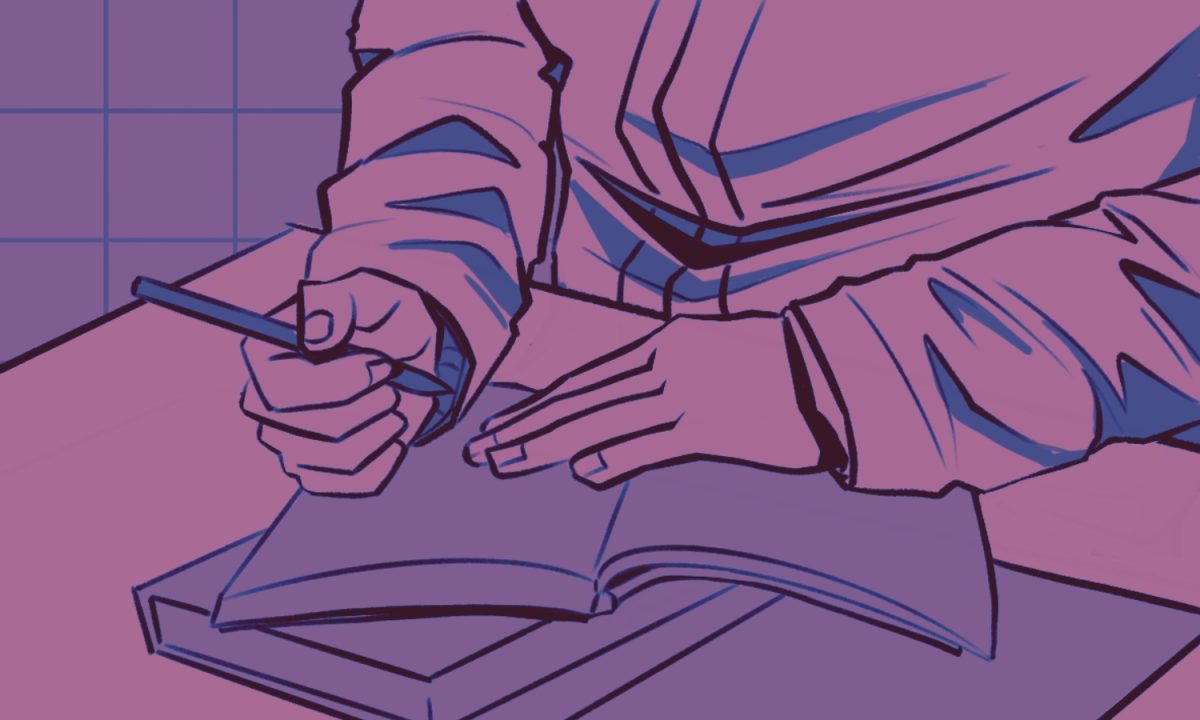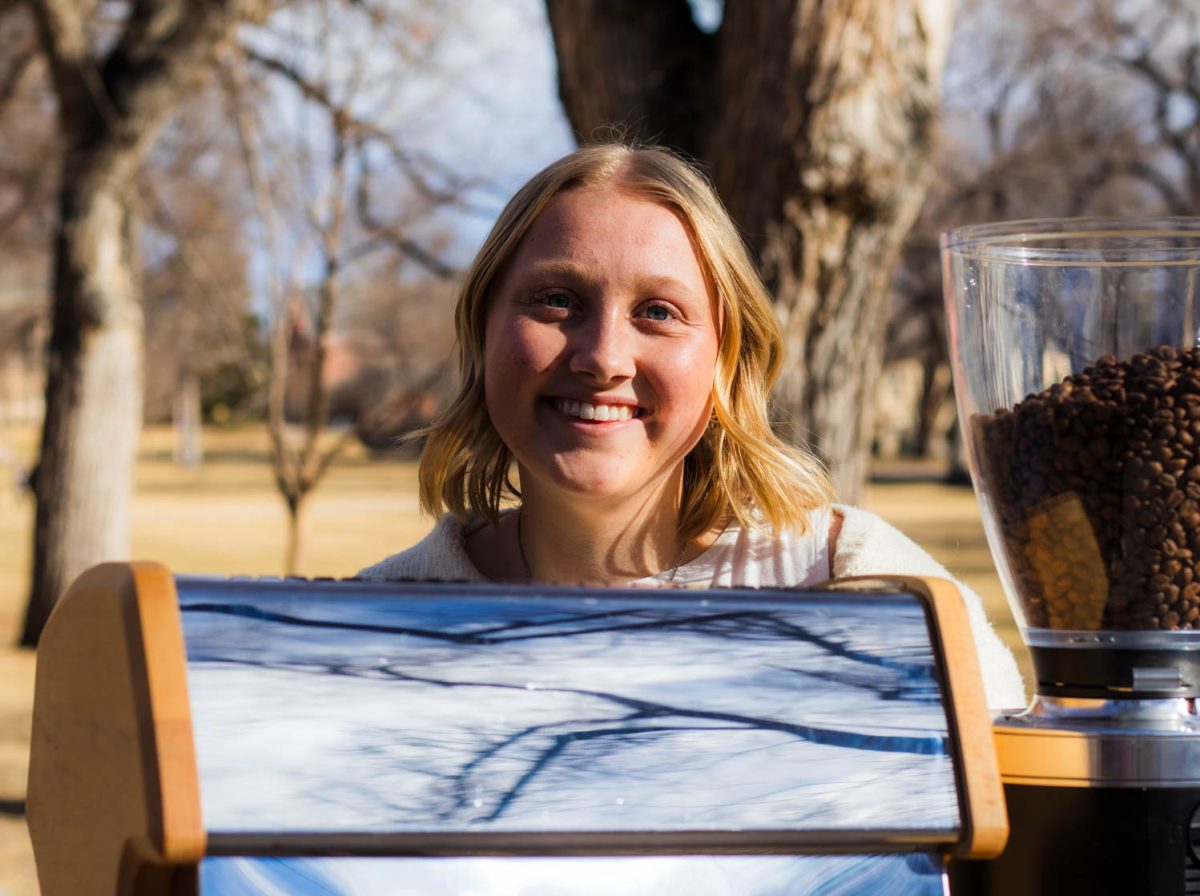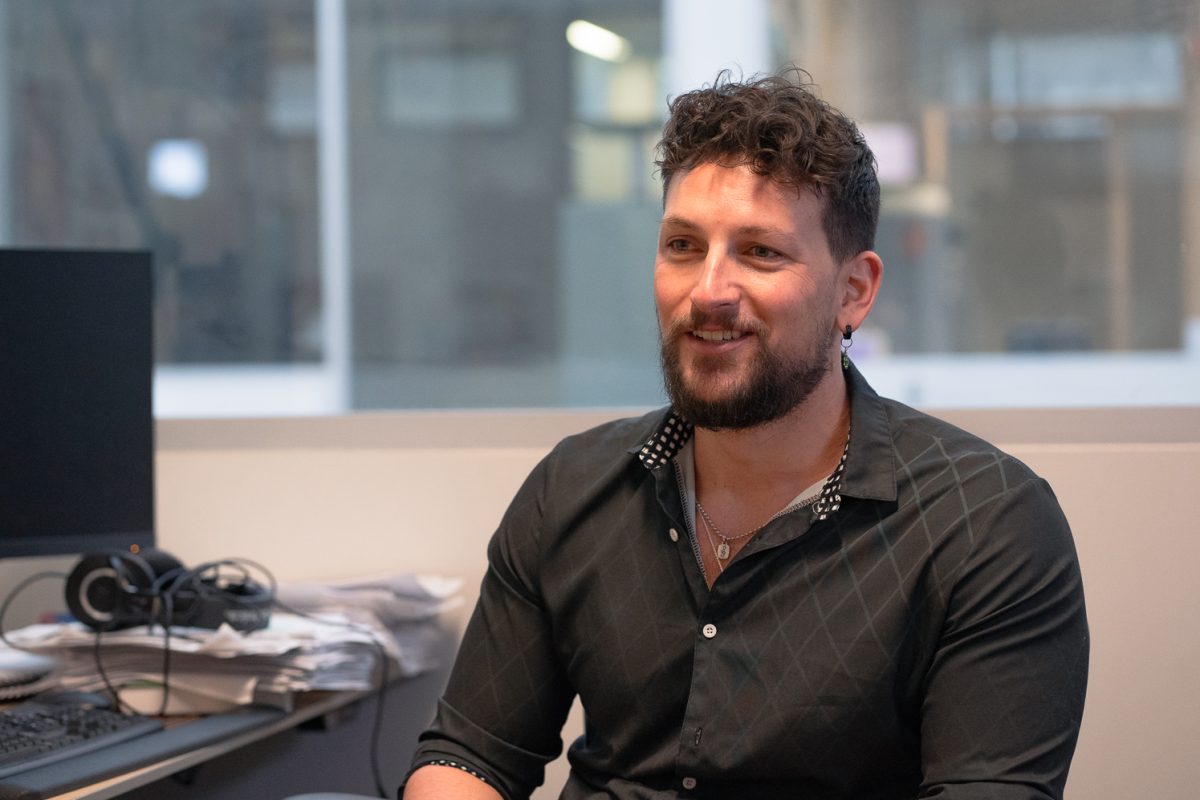The Black/African American Cultural Center hosted a discussion centered around racism in residence halls in the Parmelee Hall Tuesday evening. The event gave students space to share their experiences with racism on campus as well as a space to discuss issues that enable racism on campus.

Many students, such as undeclared freshman Tanadeeba Gbi-U, said that they often times feel exhausted when it comes to explaining why specific things are racist on top of explaining how incidents affect people of color in negative ways.
“It’s like I have to explain myself in some situations and it’s exhausting,” Gbi-U said. “It’s like being asked the same question millions of times, and you have to prove that your stereotypes are wrong and that we’re people too.”
It’s like I have to explain myself in some situations and it’s exhausting. It’s like being asked the same question millions of times, and you have to prove that your stereotypes are wrong and that we’re people too.” Tanadeeba Gbi-U, undeclared freshman
Based off recent bias-motivated incidents, notably the fake noose found outside a Black resident assistant’s hall in Newsom Hall, many students feel it is clear these issues need to be discussed campus-wide.
But, according to Gbi-U the only people showing up to these events are the people who have been experiencing the bias-motivated incidents rather than the ones who are perpetuating them, which has left some to feel that the University is not supporting students affected by the incidents.
“I know that a lot of white students who go these events go for extra credit,” Gbi-U said. “It’s clear that the people who are going to these events are the people who are living through these issues, not the people who actually need to have these conversations.”
More importantly, Gbi-U said that Residence Life could do more to more to facilitate important conversations surrounding diversity and inclusion on campus.
“I feel like (resident assistants) should have a bigger role in these issues,” Gbi-U said. “Maybe we can have more hall meetings where we have more talks like this, or even if they just told everyone about these events maybe the people who actually need to have these conversations would go.”
While Residence Life may be able to play a bigger role when it comes to these issues Zion, a junior studying ecosystems science and sustainability who asked to only be identified by her first name, said that students need to do more to raise awareness about these issues and challenge the leadership and policies currently in place.
“I would like to see more student involvement, and students calling out and also calling in other students about their actions, or their words or how they show up in spaces,” Zion said. “Honestly, I would like to see protests, like being outright about it because that’s how a lot of things get to the surface.”
Zion also said that no matter what the circumstance, it is important to call out offensive actions on an individual level.
“Obviously any time you hear something offensive about a person of color or a marginalized person you should call that out, and if you aren’t knowledgeable about it, urge the person to educate themselves about it,” Zion said.
Overall, Gbi-U said that there is hope things will get better with time.
“We’ve had some white students who actually talked at this event, in comparison to other events surrounding these issues,” Gbi-U said. “I feel like those white people are going to take what we talked about and attempt to make the CSU community better.”
Collegian reporter Jorge Espinoza can be reached at news@collegian.com or on Twitter @jorgespinza14.


